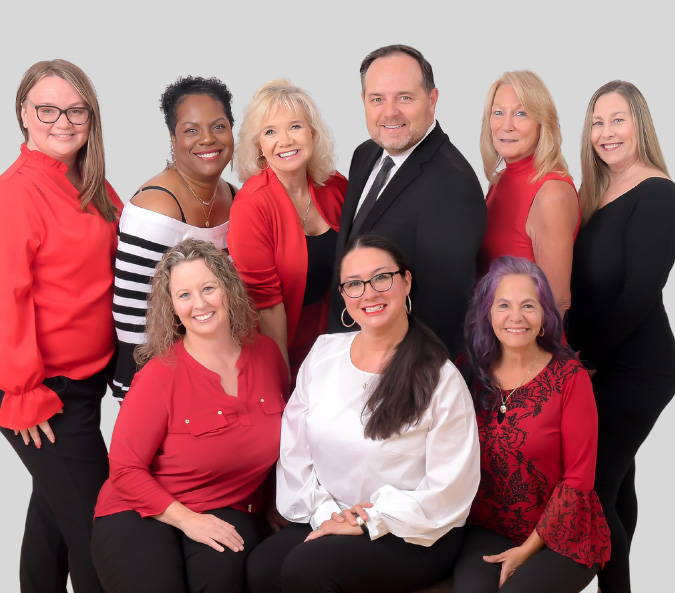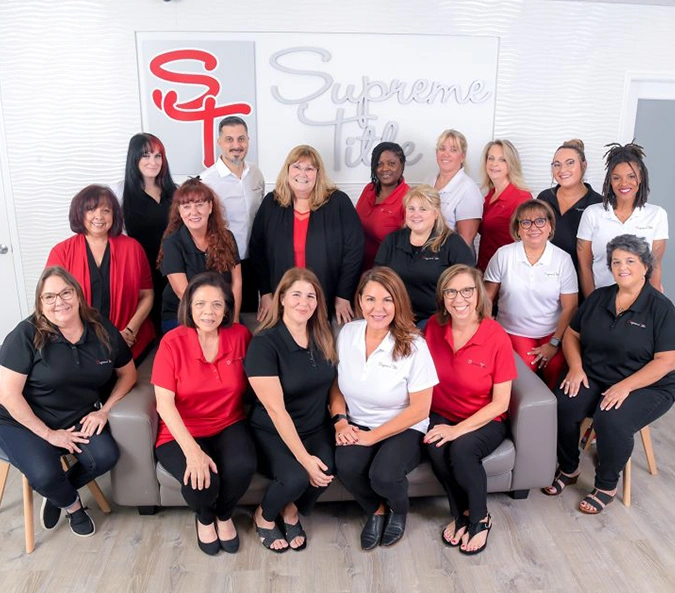Documents in review for primary residence/homestead mortgages.
If you’re buying a new home in Florida and you are married, you may be wondering if your spouse needs to sign at closing. The answer depends on the situation, type of transaction, and the legal documents involved, which could vary from lender to lender.
For example, if you’re getting a loan, your spouse will need to sign the mortgage to acknowledge the debt and waive their homestead rights. This is specifically true if the property will be the couple’s primary residence/homestead. Additionally, if you’re separated from your spouse or in the process of divorce, your spouse will be required to sign the mortgage, for the same reasons already mentioned. However, there are exceptional situations that may relieve the spouse from signing the mortgage when the property being purchased is not that spouse’s primary residence/homestead.
Other legal documents that may require your spouse’s signature could include a name affidavit, compliance agreement, or a tax authorization form, as well as any forms in direct correlation to the primary residence/homestead purchase. This is because the lender or insurer will want to protect their investment.
If you have any questions about what’s required, be sure to ask your lender, legal advisor, or real estate agent.
What about spouse requirements for investment properties?
If you’re purchasing a non-homestead investment property with your own assets, you could potentially buy it without adding your spouse to the title. With that being said, your spouse could be required to sign certain documents or affidavits that protect the lender’s investment. Also, like primary residence/homestead mortgages, there are stipulations and exceptions to the rule. For example, if this is a residential property that either of you could reside in, even if part-time, the spouse is still required to sign.
Lenders may impose more stringent requirements in order to protect their investments. It is best to get good legal advice prior to financed purchases when there are irregular circumstances.







